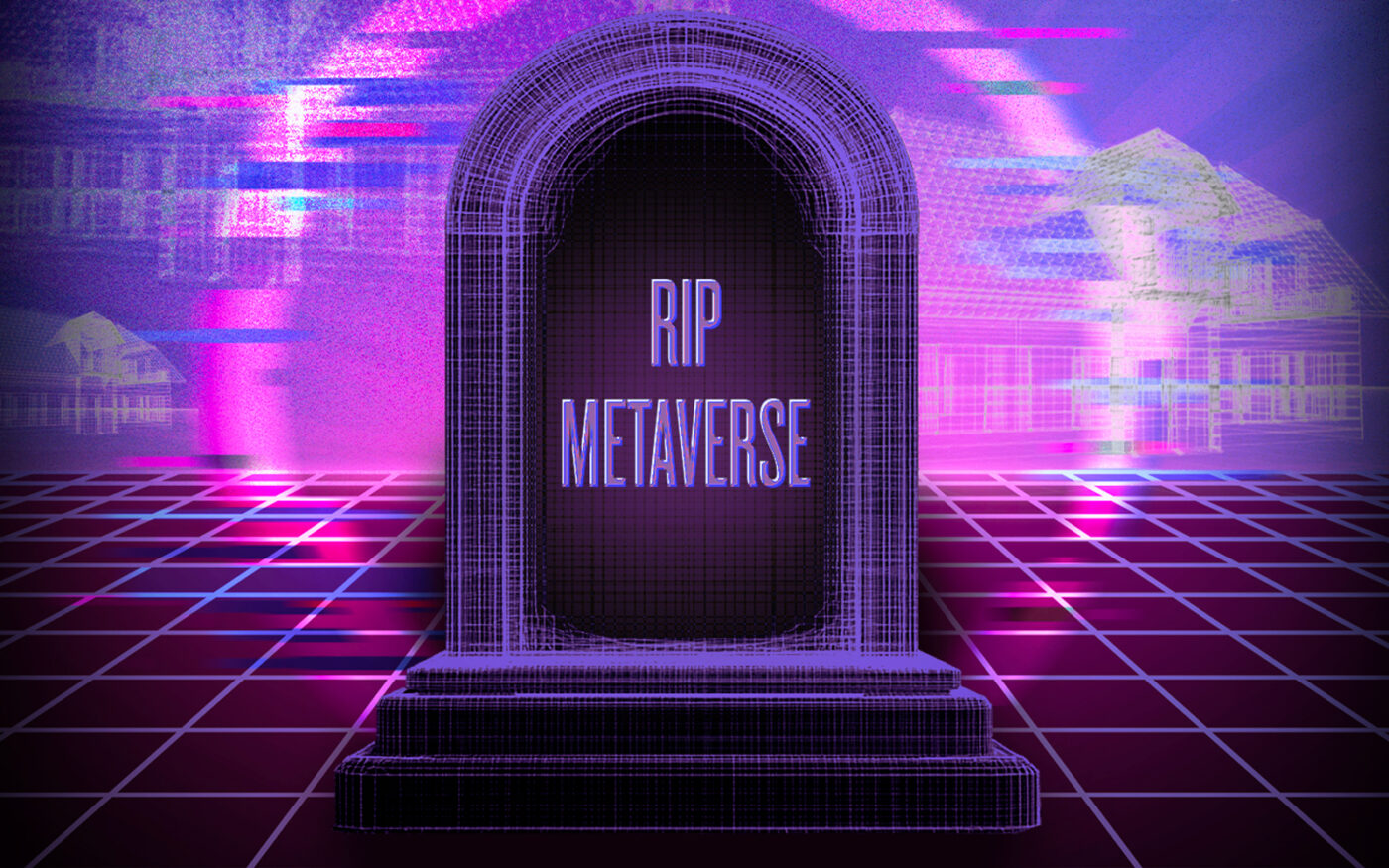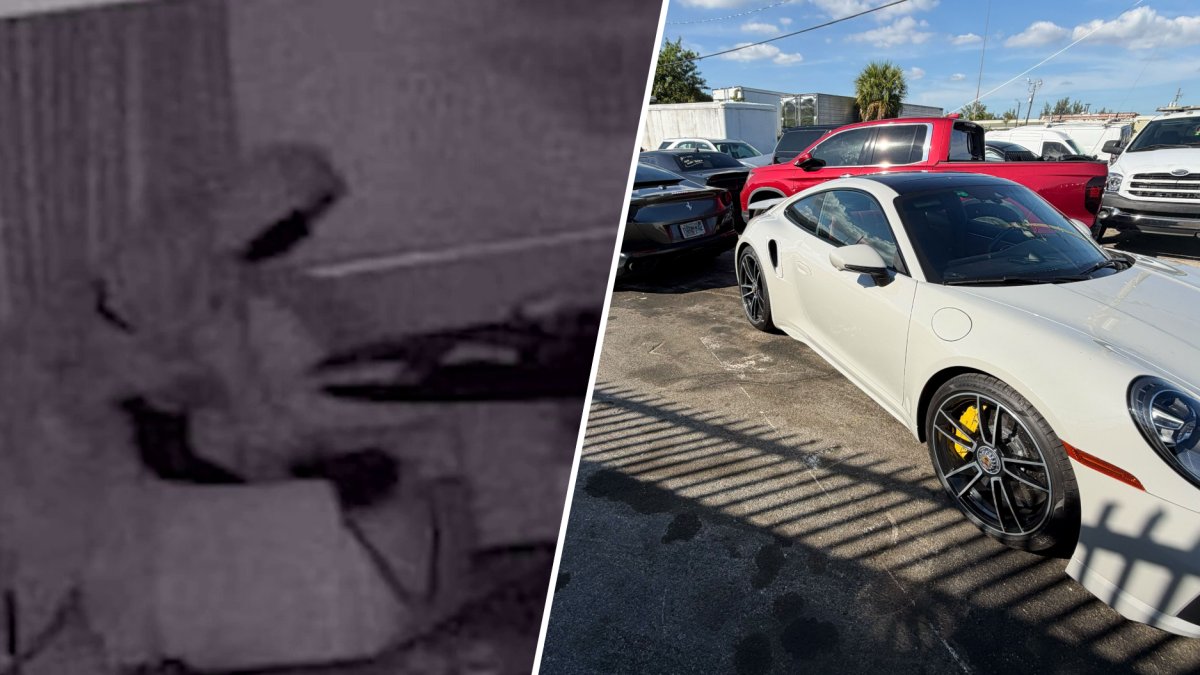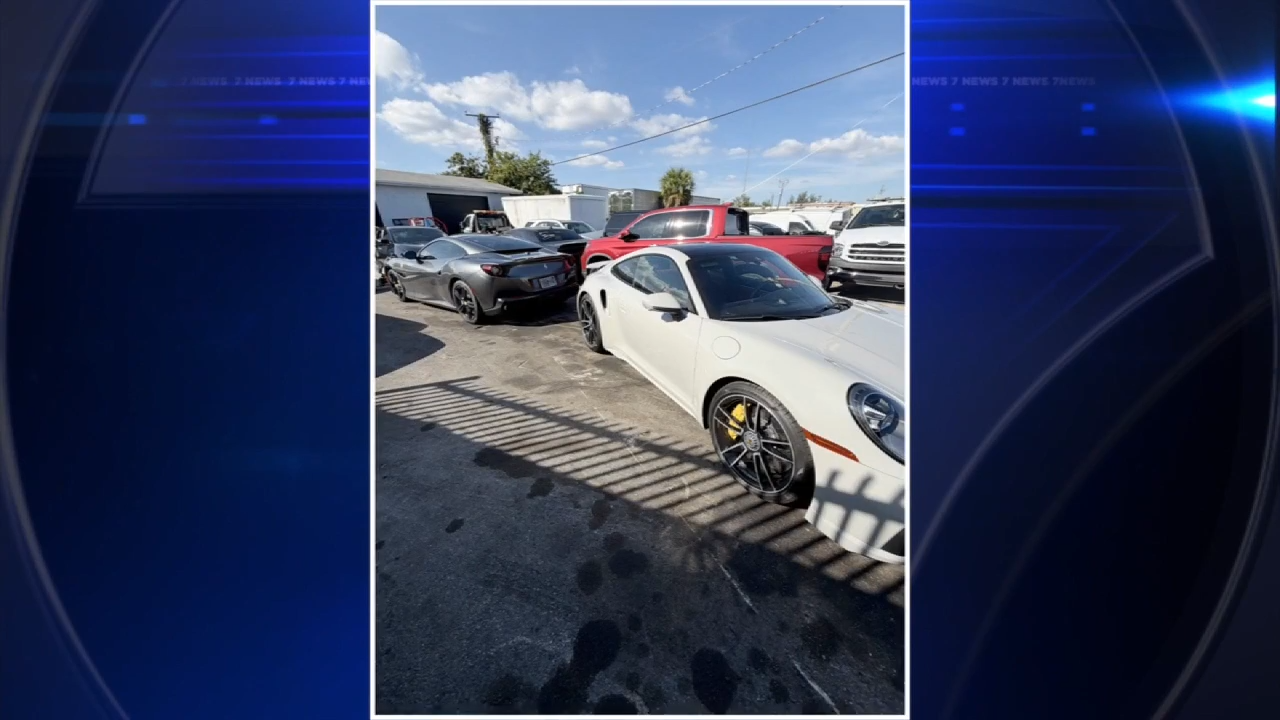T
he Metaverse Fad Has Come and Gone
In 2021, Facebook rebranded as Meta and pledged $10 billion to create a virtual reality world where people could work, play, and socialize without leaving their homes. Mark Zuckerberg envisioned an "embodied internet" that would revolutionize the way we interact with technology. The idea was met with excitement from tech giants like Microsoft and Apple, which invested heavily in mixed reality projects.
Real estate companies jumped on the bandwagon, creating virtual versions of properties to sell alongside their physical counterparts. A Miami brokerage offered virtual mansions, while a Canadian investor launched a metaverse REIT (real estate investment trust). But as with any fad, the hype eventually died down.
Apple's $3,500 headset failed to gain traction, and Disney and Microsoft laid off employees working on metaverse projects. Microsoft even shut down one of its virtual reality worlds. The metaverse's popularity peaked in 2022, but by the end of the year, land values had plummeted by 80 percent.
Experts attribute the metaverse's downfall to timing. The technology wasn't yet ready for widespread adoption, and the end of the pandemic sent people back into public spaces. "This was more about timeline mismanagement," said venture capitalist Matthew Ball. "The intense focus on the metaverse within a short period of time...was bound to disappoint many."
Despite the metaverse's demise, there may still be room for real estate in virtual reality. Katmai Tech, a company that creates virtual commercial spaces, has found success by focusing on practical applications rather than flashy gimmicks. Its platform allows users to move through digital offices and interact with coworkers, creating a more immersive experience than video conferencing.
"We've tried to stay away from the word 'metaverse' this whole time," said Erik Braund, founder of Katmai Tech. "We're not building virtual worlds just for the sake of it." Instead, the company is focused on providing solutions that meet specific needs, such as creating virtual replicas of office spaces or re-creating historic locations like Starbucks' original store in Pike Place.














